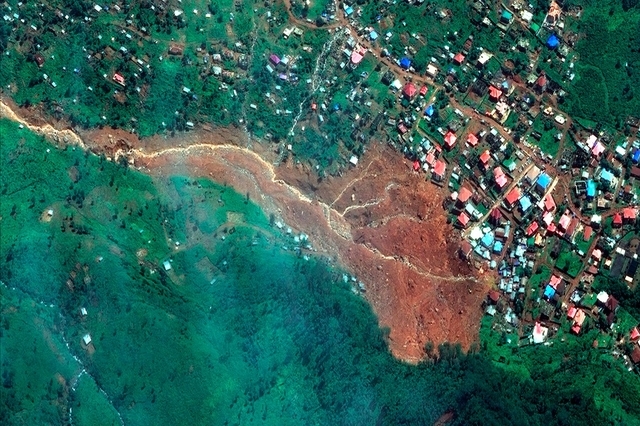This is the end of this blog, and I am very happy to have written it along this term. Globally it widened my knowledge about the relationship between Africa and water resources. I knew that I had shortcomings about this continent, and they were partly confirmed as reality. Africa suffers from droughts and decline of water resource availability. But, my shortcomings were completed by a panel of other dynamics that I couldn't suspect. In the same way that environmental changes affect intensively human activities in this Continent, we can also notice that humanity also generates consequences on environment (what we can see in the case of Lake Victoria for example). As there is a close connexion between people and environment resources in Africa, interactions between both are more intense. For instance, in Europe countries like UK, if precipitation decreases, you generally still have food, or still have your job. Because people's life are disconnected to environment where the...
Articles
TOO MANY INTERACTIONS: Water, Climate Change and Transboundary Context
- Obtenir le lien
- X
- Autres applications

We saw in the previous posts that climate change has had an huge impact on Africa, in general. I find it relevant to stay on the same region as in previous posts because it illustrates a lot of contrasts that this continent faces. -Actual situation : The continent of Africa is tremendously touched by climate change through extreme events like droughts and floodings, driving its natural environment to be degradaded, particularly in the form of desertification. In this way, we will see that various aspects of north-west of Africa can be characterized as interacting each other. Hydrology interactions: African hydrology is changing from these last decades. T he global rate of precipitations in the northern regions of North Africa have demonstrated a significant decrease ( Isabelle Niang et al ., 2014) and the african climate is now characterized by extreme events. Succession of droughts and floodings leads to the degradation soils, driving them to increase the a...
FREETOWN'S FLOODINGS : Natural or political hazard?
- Obtenir le lien
- X
- Autres applications

"For forty days the flood kept coming on the earth, and as the waters increased they lifted the ark high above the earth. 18 The waters rose and increased greatly on the earth, and the ark floated on the surface of the water. 19 They rose greatly on the earth, and all the high mountains under the entire heavens were covered. 20 The waters rose and covered the mountains to a depth of more than fifteen cubits.[ a ][ b ] 21 Every living thing that moved on land perished—birds, livestock, wild animals, all the creatures that swarm over the earth, and all mankind. 22 Everything on dry land that had the breath of life in its nostrils died." Bible - Genesis 7 - BibleGetaway A long time ago, humans were afraid about rainfall. It has been for a long time an significant natural threat for humans, and many myths and legends are based on disasters caused by water flows. In Freetown, it continues to be a nightmare...
FLOODINGS against DESERTIFICATION
- Obtenir le lien
- X
- Autres applications

FLOODINGS against DESERTIFICATION As I said in my previous post, water scarcity is responsible for the degradation of the environment, economy and society. Usually, biologists assert that water is life. But I am not sure that Sierra Leone's population would agree with this statement. I plan to talk about the Sierra Leone case study in my next post to highlight this point. Is water really life? Source : Ked Youzhu Improvment of pluviometric rates : consequence of floodings ? Despite the fact that African pluviometric rates are not at the same level as before the droughts in the 70's, it has been found that they have actually been recovering since the 90's ( L.Descroix et al . , 2015). As pluviometric rates are recovering, floodings have also been more frequently observed in Africa, especially in the western regions ( P.OZET, D.PERRIN, 2014). For instance, though the interior Delta of Niger had seen the flood plains disapp...